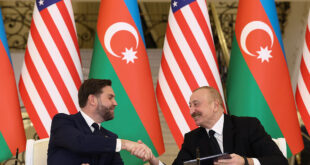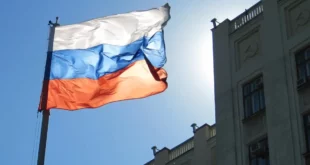GROZNY, Russia (Reuters) – The Chechen women who gathered to demonstrate for the return of their “disappeared” sons thronged around the only journalist who came their way.
No one else showed any interest.
The European Court on Human Rights on Thursday convicted Russia of having violated the right to life of Khadzimurat Yandiyev, last seen in February 2000 by a television crew who filmed a Russian general demanding he be “rubbed out”.
The court awarded his mother 35,000 euros ($44,600).
Â
Those whose sons and daughters make up the statistics — 3-5,000 people have disappeared since 1999, according to rights groups — said they did not care about court victories or money.
They just wanted to know what had happened to their families in a war that has ground on almost continuously since the end of Soviet rule.
“I am Shumisat Vakayeva, and I am looking for my two sons and my husband. The troops took my boys in the village of Dubayurt during a special operation. My husband was taken later, in 2005, he had been looking for them,” said one woman.
“I have one request to these authorities. If my men are guilty, let them be tried, and then I’ll know what happened to them.
“If you have killed them, tell me, I can take it. But please, don’t torture me like this, I can’t bear this.”
She was one of dozens of women who had gathered in central Grozny, which is still mostly a wasteland of rubble and shattered buildings, despite official claims that the war is over and the republic being rebuilt.
The women pressed forward, desperate to have details of their losses recorded in the hope it might bring information about their loved ones’ fates.
Last year, President Vladimir Putin promised a Chechen woman in a televised phone-in that the authorities were doing all they could to end kidnappings in Chechnya and that the region was rapidly improving.
But the women said they did not care about rebuilding in Grozny or plans to set up factories to reduce the region’s chronic unemployment.
Â
“We don’t need new buildings, or well-made roads, we don’t see them anyway because our eyes are blinded by sorrow,” said one woman who is searching for her three sons: Salambek, Khasambek and Andyrbek Suleimanov.
“We ask for help from anyone who hears us.”
 Eurasia Press & News
Eurasia Press & News



